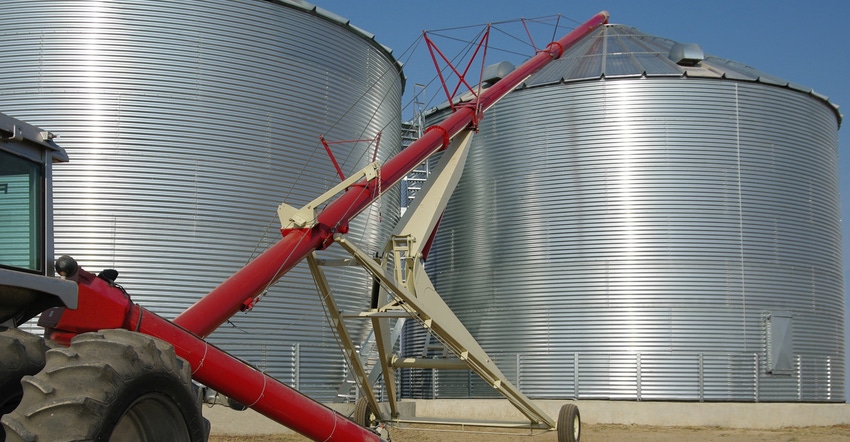June 5, 2019

It's always an eye-opening experience to immerse yourself in the international agriculture community. Sometimes, it can be interesting to hear how familiar people are with Nebraska agriculture.
At the recent Alltech ONE Conference in Kentucky, it came as no surprise that many international visitors had questions about the recent Midwest flood events. What was more surprising, however, was the number of questions — from as far away as Ireland and Australia — about Pender, Neb., farmer Kurt Kaser's close call after his leg became caught in a grain auger.
In a recent phone interview, Kaser explained that the cause of the accident goes back to this winter, when the ground was so frozen that he had to cut a hole in a grate covering the hopper in order to fit it beneath the auger.
The accident happened this spring, when Kaser was moving corn from grain bags in the field to a bin to dry it out. While unloading corn from his truck to the auger, he noticed grain was flowing out of the truck faster than it should.
"I forgot about that hole. I stepped in the hopper to adjust the gate on the truck, and put my foot in the hole," Kaser says. "I knew immediately what happened. As soon as I stepped in there, it didn't feel right. It didn't hurt at the time. I just kept pulling, and it didn't let go."
The auger had broken his bones and removed the lower portion of his left leg. He realized if he didn't act fast, he likely wouldn't be able to get out.
"I thought, 'I have my pocketknife,' and I started to cut away with it,” Kaser explains. “I just about dropped the pocketknife in the auger, but I kept cutting and it finally let me go. Then I was a little relieved — at least I was out.
“My cellphone was gone — we found half of it in the bin when we were unloading corn the other day. I had to crawl 200 feet on my elbows. I got to the phone, and instead of 911, I called my son because he's been on the local volunteer fire and rescue team since he was 16 years old. He answered right away, and on his way out, he radioed the rest of the rescue squad."
Kaser spent the following weeks and months traveling back and forth to Lincoln for hospital visits and rehabilitation. It could take six to eight months, or possibly longer, before he's able to walk again with the help of a prosthetic leg. However, his actions no doubt saved his life.
While this story illustrates the strong-willed tenacity many farmers and ranchers have in the face of challenges, it also paints a clear picture of the risks associated with working in agriculture.
We're barely halfway through the year, but several farm-related accidents have gripped headlines in Nebraska in 2019 — including grain handling accidents, accidents involving farm equipment, and incidents involving farm maintenance such as cutting trees.
According to data from the University of Nebraska Medical Center's Central States Center for Agricultural Safety and Health, there were 92 agriculture-related fatalities and 98 ag-related injuries in Nebraska from 2012 to 2018.
The strenuous work environment combined with the hazards that go with working around moving parts, large machinery and livestock make farming one of the most hazardous occupations. Farm and ranch managers, as well as agricultural workers, typically rank among the top 10 most dangerous jobs in the Bureau of Labor Statistics' annual National Census of Fatal Occupational Injuries report.
As Kaser pointed out, he'd been involved in a grain handling-related accident before. In sixth grade, his right leg was injured after he got caught in a tractor PTO.
He hopes his recent experience serves as a reminder and encourages farmers to take their time when working around hazardous equipment.
"I was in a hurry,” he says. “That's the nature of farming. We get in a hurry, and we get tired. We've got to take our time and stop and think. Hopefully, this will keep something similar from happening to someone else — even if it's just one other person."
You May Also Like




